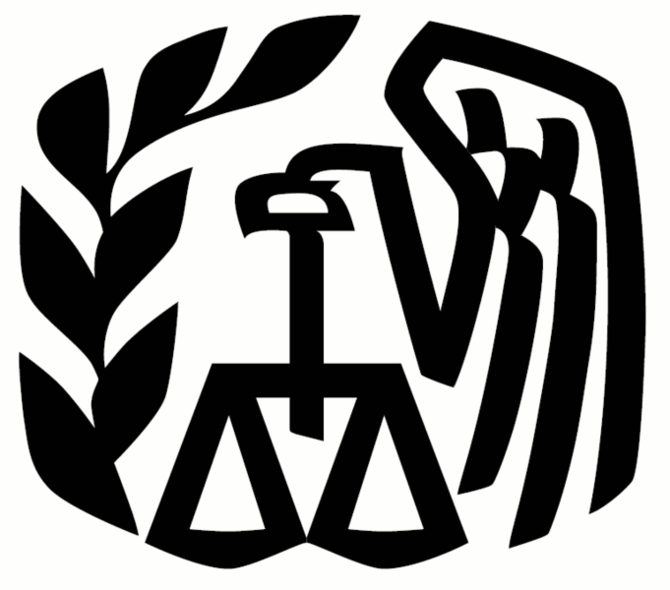Those With Offshore Accounts Facing More Scrutiny
Honesty is the best policy, but the best way of being honest with the Internal Revenue Service when it comes to offshore accounts isn’t always easy to discern.

A recent article in Forbes magazine focuses of Credit Suisse officials pleading guilty back in May to conspiring to add U.S. tax cheaters.
That’s just the tip of the iceberg.
“More than 100 other Swiss banks are handing over leads that should eventually out more U.S. tax dodgers,” according to the article. “Israeli, Asian and Caribbean banks are all under investigation. Plus, the Foreign Account Tax Compliance Act, which took effect July 1, requires foreign financial institutions to report accounts held by U.S. persons to the Internal Revenue Service.
“But the best way to get right with Uncle Sam isn’t always clear–especially if, like lots of account holders, you’re not a flagrant tax cheat.”
While more than 45,000 U.S. residents are participating in the Offshore Voluntary Disclosure Program of the IRS, and paying in excess of $6.5 billion in back taxes in the process, the story points out that’s only a small percentage of people who admit on their tax returns that they “have a financial interest in or signature authority over a financial account, such as a bank account, securities account or brokerage account, located in a foreign country.”
“Some taxpayers decide to comply only going forward, gambling that an understaffed IRS won’t audit their old 1040s within the usual three-year statute of limitations,” the article continues. “Others have done ‘quiet disclosure,’ sending the IRS amended back tax returns and a check.
Heirs who don’t know all the facts and account holders whose behavior falls in gray areas have some tricky decisions to make, especially since the IRS in June made a ‘streamlined filing compliance option widely available. Under it a taxpayer, or his estate, has to pay only three years of back taxes, plus a (Foreign Bank Accounts Report) penalty equal to 5 percent of the account’s highest end-of-the-year value during the last six years. The catch? To qualify you must certify that previous lapses resulted from ‘non-willful’ conduct, which the IRS vaguely defines as ‘negligence, inadvertence, or mistake or conduct that is the result of a good faith misunderstanding of the requirements of the law.’ ”
“All of our clients are going to think their actions are not willful, but the government might not agree,” Fort Lauderdale tax lawyer Jeffrey A. Neiman, a former offshore prosecutor, told the magazine.
